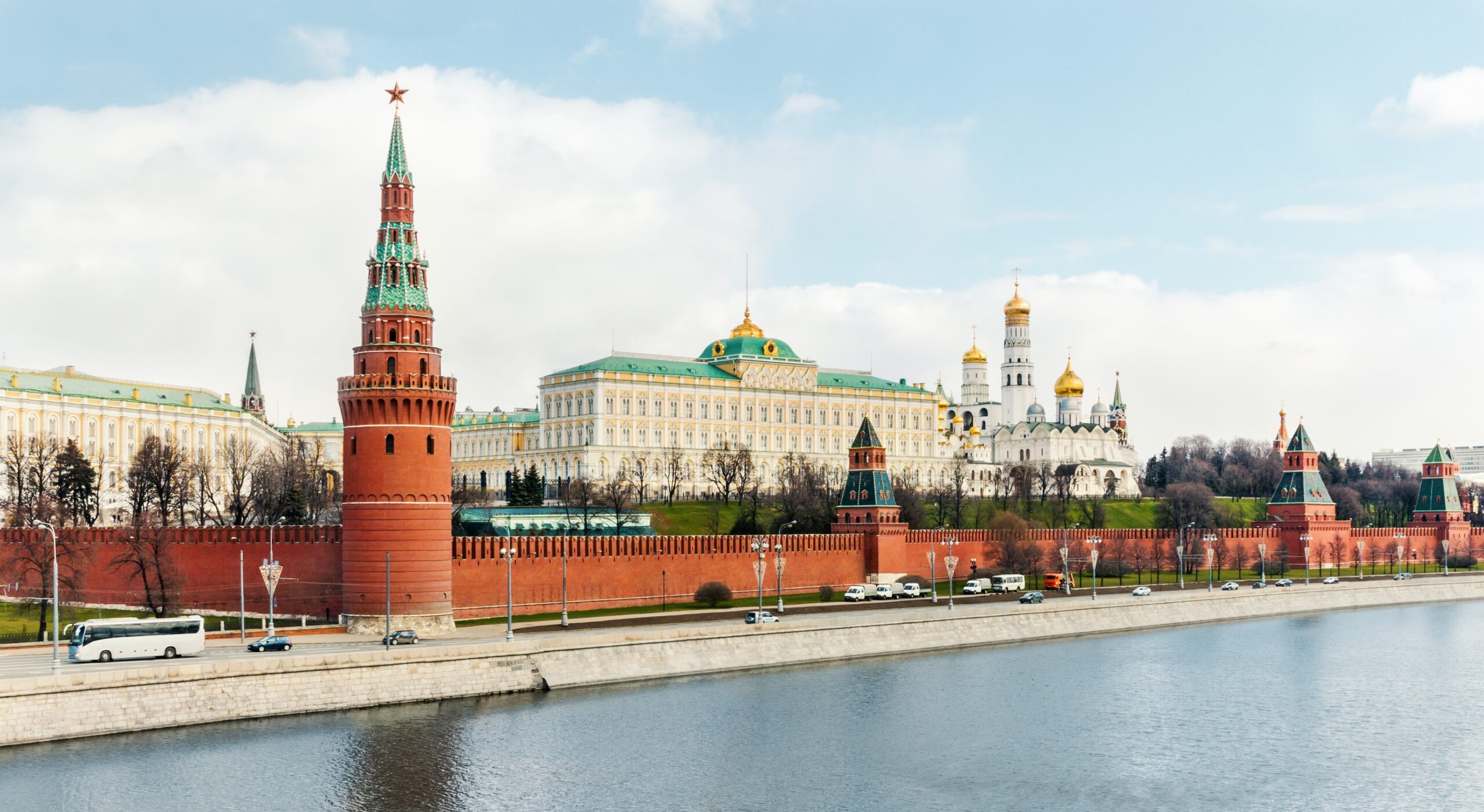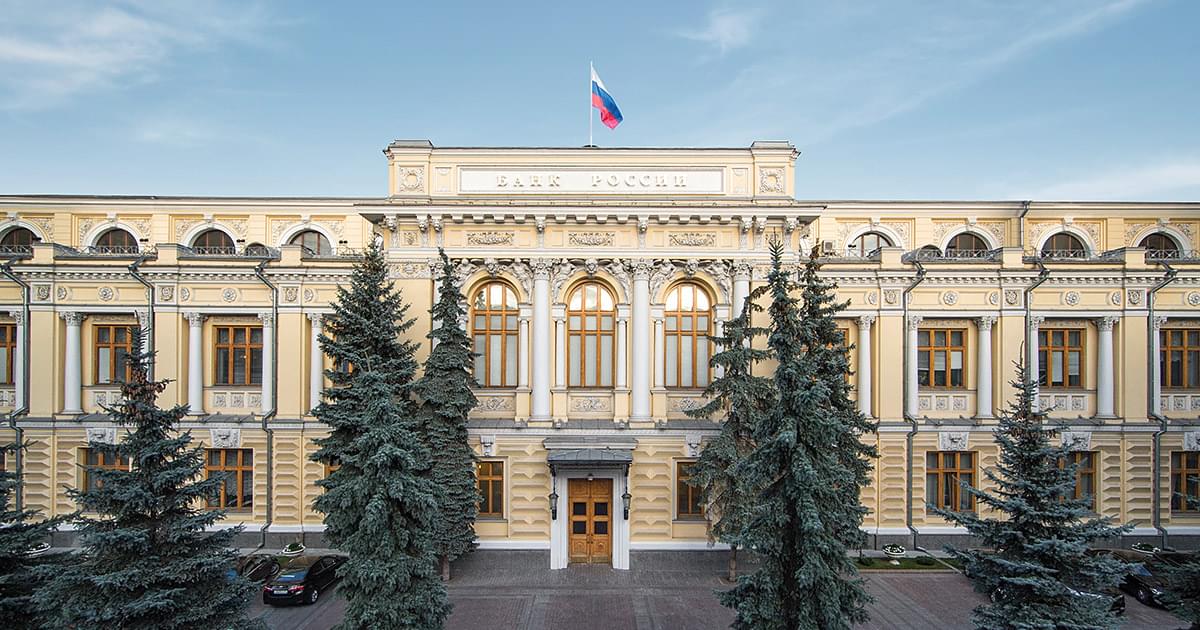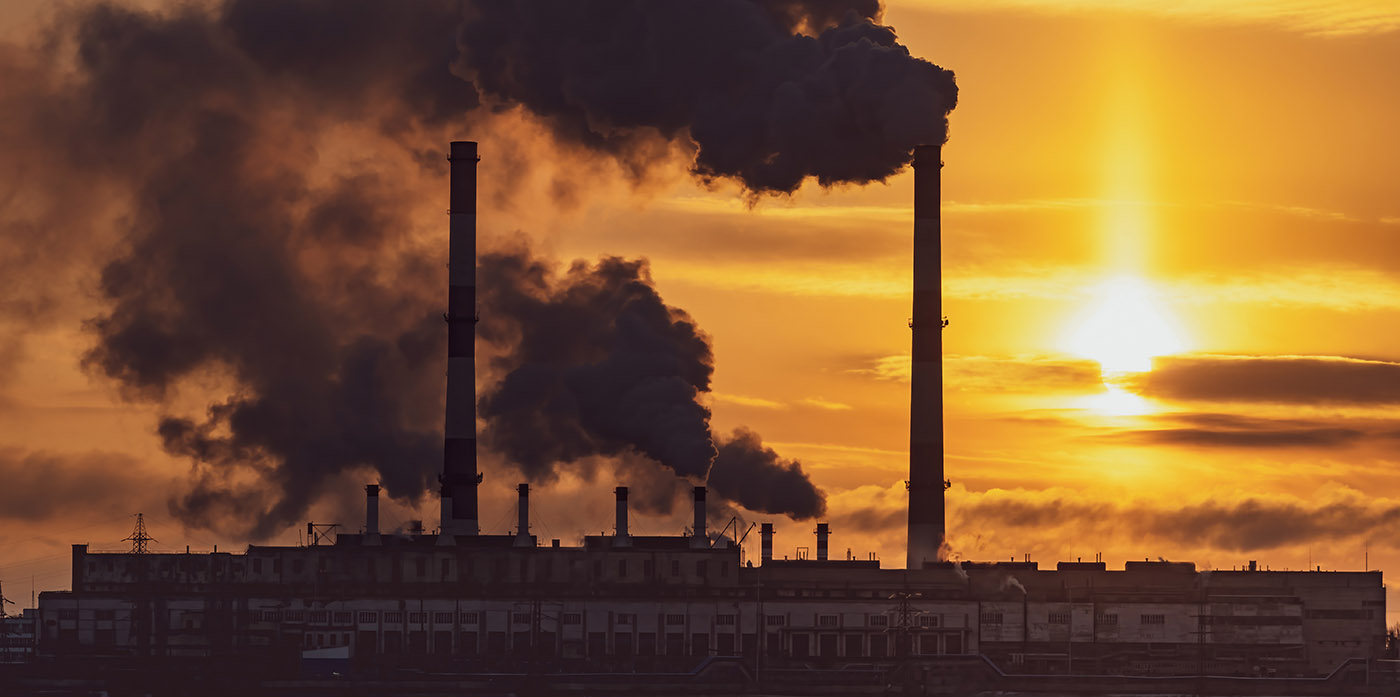Economics
Evaluating the Kremlin’s economic policies, corruption schemes, and their impact on Russia’s economy and global markets
Recession, Inflation, Budgetary Crisis
By Vladimir Milov
January 29, 2026

And what it means for the war in Ukraine
By Vladimir Milov
November 04, 2025

When the rhetoric of an “unlimited alliance” faces economic reality
By Vladimir Milov
October 15, 2025

By Vladimir Milov
September 24, 2025

Structure, composition and ways to improve effectiveness
By Vladimir Milov
August 23, 2025

Russian Economy and Sanctions Brief—May 2025
By Vladimir Milov
May 20, 2025

By Vladimir Milov
April 08, 2025

Economy and Sanctions Brief — February 2025
By Vladimir Milov
March 03, 2025

More Uncertainty Follows as the Central Bank Yields to Pressure
By Vladimir Milov
January 13, 2025

Between inflation and stagflation, lobbyists versus bankers, and the need for sanctions control
By Vladimir Milov
November 20, 2024

Inflation, budget and labor shortages, and a cooling of relations with China
By Vladimir Milov
October 15, 2024

Vladimir Putin’s corridor of economic opportunities is narrowing
By Vladimir Milov
September 05, 2024

One of the key factors affecting the Russian economy in recent years has been international sanctions imposed in response to the country’s foreign policy actions. We analyze:
We strive to understand how sanctions are changing the structure of the Russian economy and what long‑term consequences they may have for its development.
The Russian economy is heavily dependent on certain key sectors, such as energy, agriculture, manufacturing, and services. Our research includes:
We also consider the impact of the COVID‑19 pandemic and subsequent economic restrictions on economic recovery and structural changes.
Economic difficulties directly affect the standard of living of the population. Our research covers:
We aim to provide an objective assessment of how economic changes are affecting the daily lives of Russians and what measures could help improve the situation.
Our experts analyze possible scenarios for the future economic development of Russia and assess the factors that could influence recovery and growth. We consider:
We also evaluate the potential for economic reforms aimed at improving the business climate, attracting investments, and developing small and medium‑sized businesses.
Our research is based on objective data and facts. We use a variety of analytical methods, including:
We strive to provide our readers with comprehensive and up‑to-date information that helps them better understand the complex processes in the Russian economy.
This section features:
Our publications help to understand the scale and main trends in the Russian economy, identify key challenges and opportunities for development. We provide quality information for those who seek a deeper understanding of current economic processes and their impact on society and business.
Free Russia Foundation continues its mission of supporting democratic processes and economic reforms by providing readers with objective analysis and verified data. On the pages of our think tank, you will find:
We believe that through a deep understanding of economic processes and their impact on society, we can contribute to the development of a sustainable and progressive economy based on principles of fairness and openness. Our publications are aimed at inspiring readers to actively participate in supporting economic reforms and improving the business climate in the country.